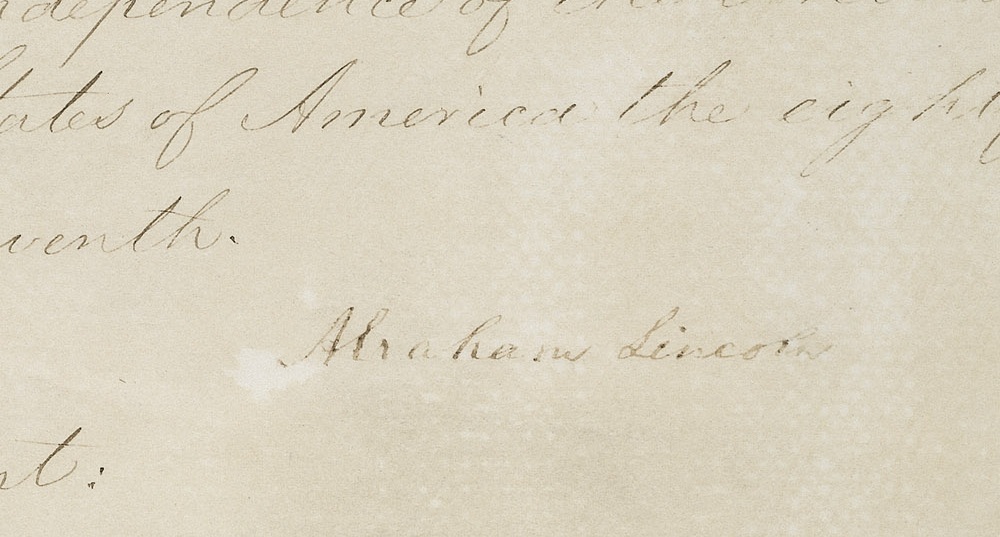Who freed the slaves?
It often bothers me when I hear people say, “Lincoln set the slaves free.” He did not.
What he did do was to issue a proclamation that – by declaration – freed those persons held in bondage in certain specific states, (Arkansas, Texas, Mississippi, Alabama, Florida, Georgia, South Carolina, North Carolina) and parts of states (Louisiana, Virginia). But in reality – what impact did the Emancipation Proclamation have on those laborers in Texas, for instance, or deep Georgia? Did their masters and mistresses wake up on Jan. 2 (or perhaps Jan. 10, let’s say, given the slow nature of communications to the frontier) and tell their slaves, “You can go now. You’re free. Yankee Lincoln said so?” Heavens no!
And what of those persons still in bondage in Kentucky, Tennessee, and the parts of Louisiana and Virginia excluded from the Proclamation? The Emancipation Proclamation did nothing to free them.
So who, indeed, freed the slaves? Mostly, it was the slaves themselves. In account after account, slave holders in the cotton region of northeastern Louisiana worried constantly in the spring of 1863 about the security of their human chattel. When Yankee lines got within a few days’ journey, the slaves simply walked away. The whites who had claimed to own them, and by law, did, were powerless to stop the rising tide of African-Americans gathering at the outskirts of Union lines. The proximity to Union lines and the prospect of being paid for their labor were some incentives. One driving force was the opportunity presented by the disintegration of white power in a region where before the war, blacks had outnumbered whites by about 3 to 1. Now undoubtedly the ratio was much higher due to the absence of men at war and planters who had fled. Finally, the overwhelming desire for freedom and the chance to be reunited with long-separated family members put wings on the feet of the slaves and carried them into the relative safety of Union lines.
To be sure, Lincoln’s Proclamation was and remains a significant document. It made the important provision that fugitive slaves would no longer be returned by the Union army to their owners, essentially revoking the Fugitive Slave Act. African-American men could now enlist in the Union army, truly fighting for their freedom and that of their families and other people still in bondage. But what power had a piece of paper over slaveholders in the Confederacy, a sovereign nation according to its citizens, and one where the right to own slaves was enshrined and protected in its constitution? Only the slaves and the force of Union arms could ensure emancipation’s implementation.


Comments
Who freed the slaves? — No Comments
HTML tags allowed in your comment: <a href="" title=""> <abbr title=""> <acronym title=""> <b> <blockquote cite=""> <cite> <code> <del datetime=""> <em> <i> <q cite=""> <s> <strike> <strong>